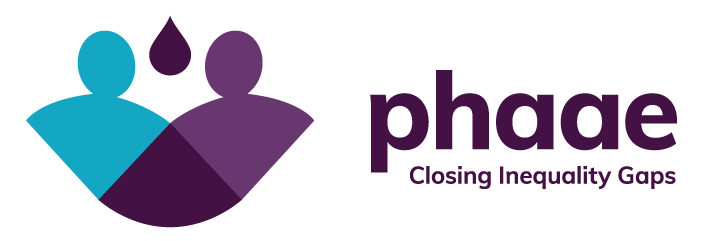The price for clean water
By Taiwo Odumala
In many countries of the world, the financial cost of clean water can range between 50cents (N180) and $4 (N1442), depending on whether the water is branded. In Nigeria, a bottle of 50cl/60cl water ranges from between N50 and N100, again depending on the brand of water. With an average human needing as much as 8 glasses of water per day, the cost of clean water daily is costing more than N1000 daily on average.
For many living below poverty lines, the cost of clean water is even higher. It is physically tasking and environmentally devastating. With little or no access to water sources, many travel long distances in search of water and when they do find some, the water is usually in open, and sometimes unhygienic conditions. For these people, the price for clean water is paid in numerous diseases and infections from unclean water sources as well as lost time.
With the 21st century enters a more health-conscious world. In recent times, there is a surge in healthy living and “Fit fam” is all the rave. This has affected food as well as drinking choices, with more people choosing to drink more water over any other drink. With this increased health consciousness comes an accompanying side-kick – bottled water.
According to this article, three litres of water is needed to package a single litre of bottled water for human consumption. The additional two litres are used during the collection, manufacturing and transportation of this single bottled water. For every one litre of water sold (saved), two more are lost or wasted.
Even worse, bottled water cause far more devastating harm. Made from plastic, these non-degradable bottles like many human waste, find their way into water bodies such as lakes, rivers and oceans, ultimately contaminating and leaving these water bodies unfit for drinking; and with damaging effects to marine life.
With more than 2 billion people globally affected by water stress, there is a need to protect water sources from human contamination. To ensure and achieve increased access to clean and safe drinking water is a task for all, water providers and individual must protect water bodies from human and animal waste while ensuring availability of purifiers for clean water. All stakeholders must also create more artificial water sources such as boreholes, promote recycling and encourage reuse of plastic water.
